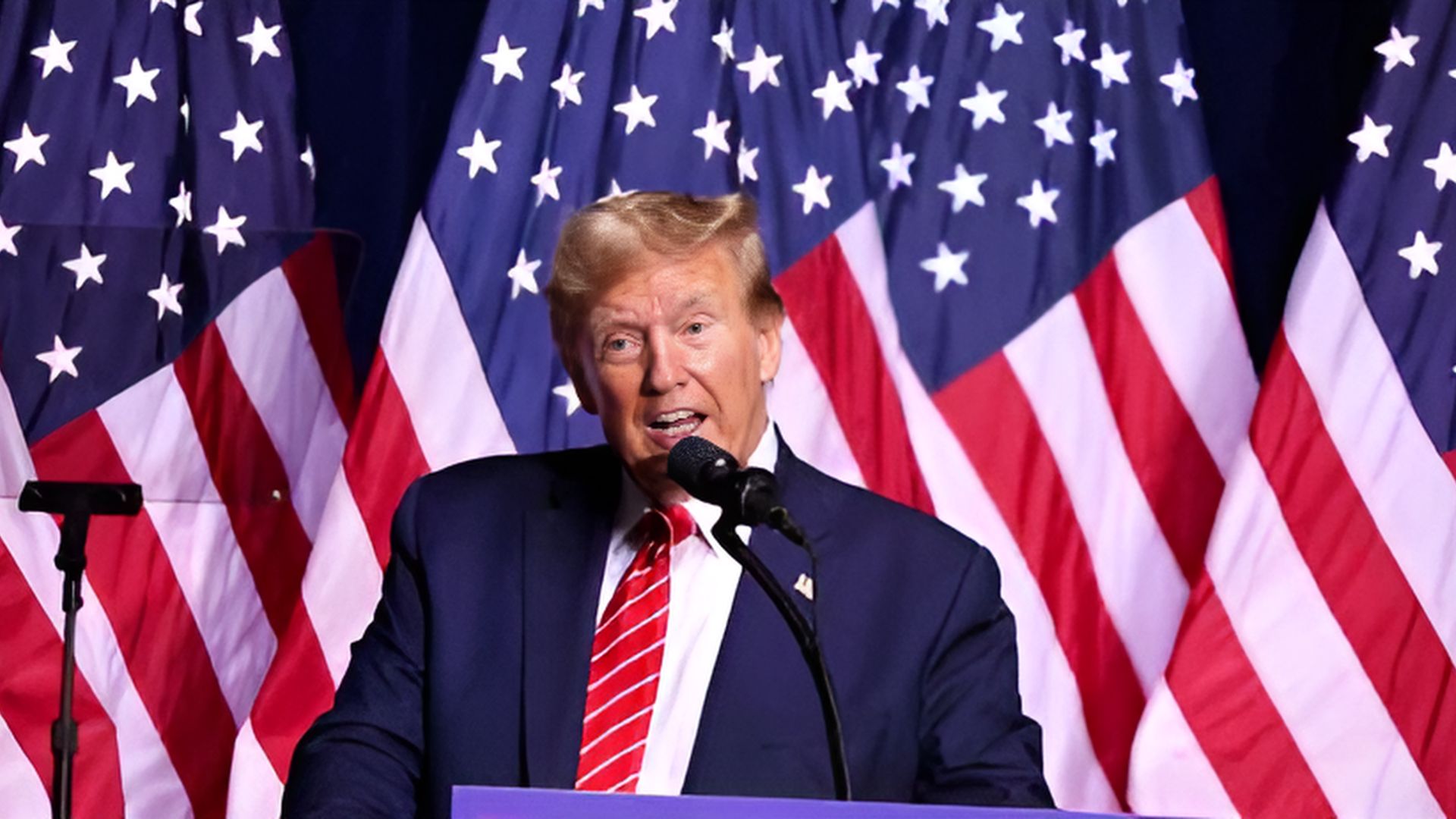

Donald Trump’s recent comments targeting Jewish Americans who vote for Democrats have ignited a firestorm of criticism from various quarters, including the White House, Democratic leaders, and Jewish organizations. In an interview with his former adviser Sebastian Gorka, Trump asserted that Jewish individuals supporting Democrats “hate their religion” and “everything about Israel.”
The remarks drew swift condemnation, with groups such as the Anti-Defamation League, the American Jewish Committee, and the Jewish Democratic Council of America rebuking Trump for linking religion to political affiliation. White House spokesperson Andrew Bates emphasized that spreading such “toxic, false stereotypes” was unjustifiable and posed a threat to fellow citizens.
Democratic figures also condemned Trump’s remarks, with Senate Majority Leader Chuck Schumer denouncing them as “highly partisan and hateful rants.” Schumer, a staunch supporter of Israel, had recently criticized Israeli Prime Minister Benjamin Netanyahu for hindering peace efforts amid escalating tensions in Gaza.
Responding to the backlash, the Trump campaign stood by his statements, asserting that the Democratic Party had adopted an anti-Israel stance. Meanwhile, the Republican Jewish Coalition defended Trump’s remarks, although some Republicans expressed confusion over his characterization of Jewish American voters’ religious sentiments.
This controversy is the latest in a series of contentious statements by Trump regarding religious and ethnic communities. During his presidency, Trump faced criticism for his response to the Charlottesville protests and for his meetings with controversial figures like white supremacist Nick Fuentes.
As the debate rages on, the intersection of religion, politics, and identity remains a contentious issue, highlighting the challenges of navigating diverse perspectives within American society.
Ukrainian President Volodymyr Zelensky announced on Sunday his willingness to exchange two captured North Korean…
The Palisades Fire in California is closing in on Vice President Kamala Harris' Brentwood home,…
In a shocking and distressing turn of events, Kamlesh Raval, a school principal in Bharuch,…
A 3.7 magnitude earthquake struck Concord, California, on Sunday morning, January 14, 2024. There were…
Malala Yousafzai condemned the Taliban's oppressive policies against women and girls in Afghanistan, urging Muslim…
US President Joe Biden and Israeli Prime Minister Benjamin Netanyahu engaged in a crucial discussion…